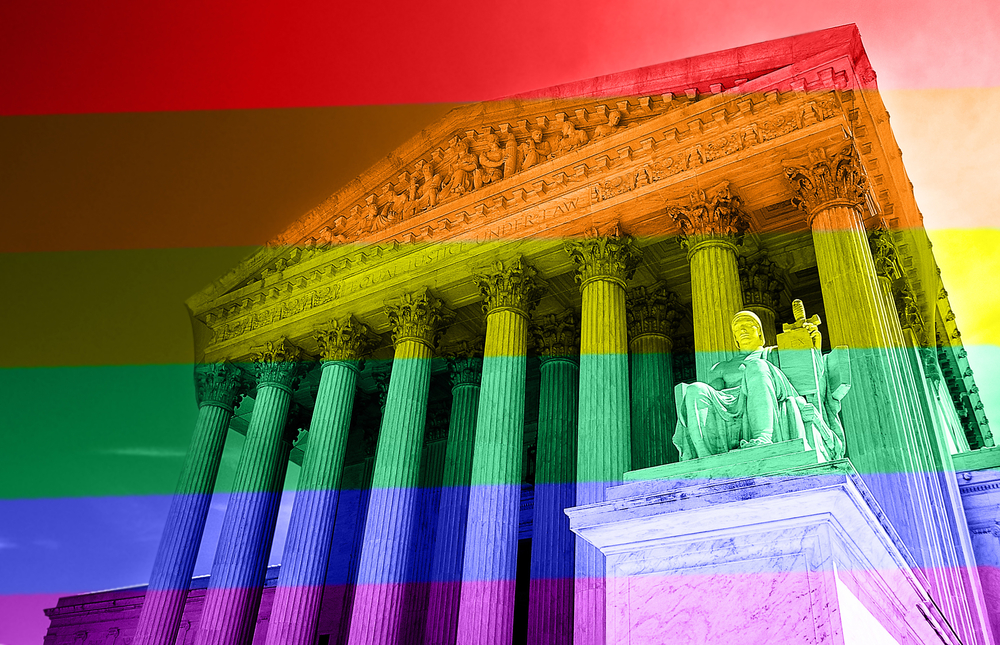United States Supreme Court Declines to Hear Sexual Orientation Bias Case
The U.S. Supreme Court has declined to hear a case in which it would have had to decide whether Title VII, a federal law protecting employees from workplace discrimination, bars discrimination on the basis of sexual orientation.
The case, Evans v. Georgia Regional Hospital, was appealed to the Supreme Court from the Eleventh Circuit Court of Appeals. Jameka Evans worked as a security officer at Georgia Regional Hospital. During her time there, she was denied equal pay, harassed, physically assaulted and was targeted for termination for failing to carry herself in a “traditional womanly manner.” See Evans v. Georgia Regional Hospital, 850 F.3d 1248, 1251 (11th Cir. 2017). The Eleventh Circuit Court of Appeals ruled that Jameka could not pursue her claim for sex-based discrimination under Title VII because Title VII does not cover sexual orientation.
Contrary to the ruling from the Eleventh Circuit Court of Appeals, the U.S. Equal Employment Opportunity Commission (“EEOC”) takes the position that Title VII’s prohibition of sex discrimination includes discrimination based on gender identity or sexual orientation. More information on the EEOC’s enforcement efforts on behalf of LGBT workers can be found here.
Currently, the only federal appeals court to agree with the EEOC that Title VII’s protections apply to sexual orientation is the Seventh Circuit Court of Appeals. The Seventh Circuit broke with precedent earlier this year when it ruled that employment discrimination on the basis of sexual orientation is sex discrimination under Title VII in the case Hively v. Ivy Tech Community College of Indiana, 853 F.3d 339 (7th Cir. April 4, 2017). Hively was an openly lesbian part-time adjunct professor at Ivy Tech who alleged she was denied full-time employment and that her part-time contract was not renewed because of her sexual orientation.
After the Seventh Circuit’s decision in Hively, the Second Circuit Court of Appeals granted en banc review in the case Zarda v. Altitude Express, Inc., Case No. 15-3775. This is the case of a New York skydiving instructor alleging he was fired from his job because of his sexual orientation. A three-judge panel of the Second Circuit Court of Appeals ruled in the Zarda case that it could not go against its own precedent from a 2000 ruling in the case Simonton v. Runyon that Title VII does not include sexual orientation discrimination. The order granting en banc review means that the full Second Circuit Court will consider whether to overturn its own precedent from the 2000 Simonton ruling. The Second Circuit will decide whether it agrees with the Seventh Circuit and the EEOC that Title VII does cover sexual orientation discrimination. The Second Circuit heard arguments in September 2017. Notably, the U.S. Department of Justice filed a brief taking the position that Title VII does not cover sexual orientation—a position that is contrary to the EEOC’s position that it does. A decision from the Second Circuit in Zarda is expected sometime in 2018.
Thomas & Solomon represents employees who have been discriminated against in the workplace. If you believe you have been the victim of workplace discrimination, contact us for a confidential case evaluation.








